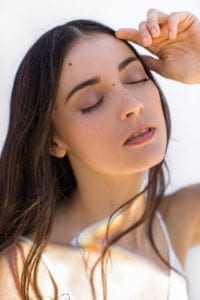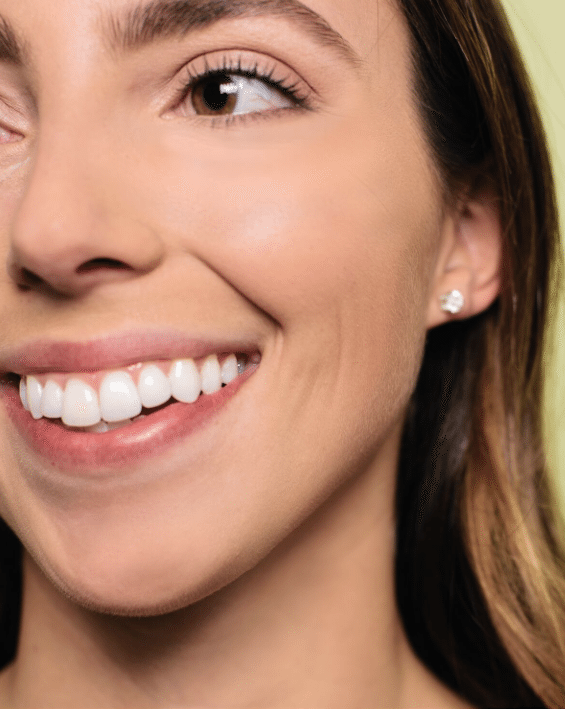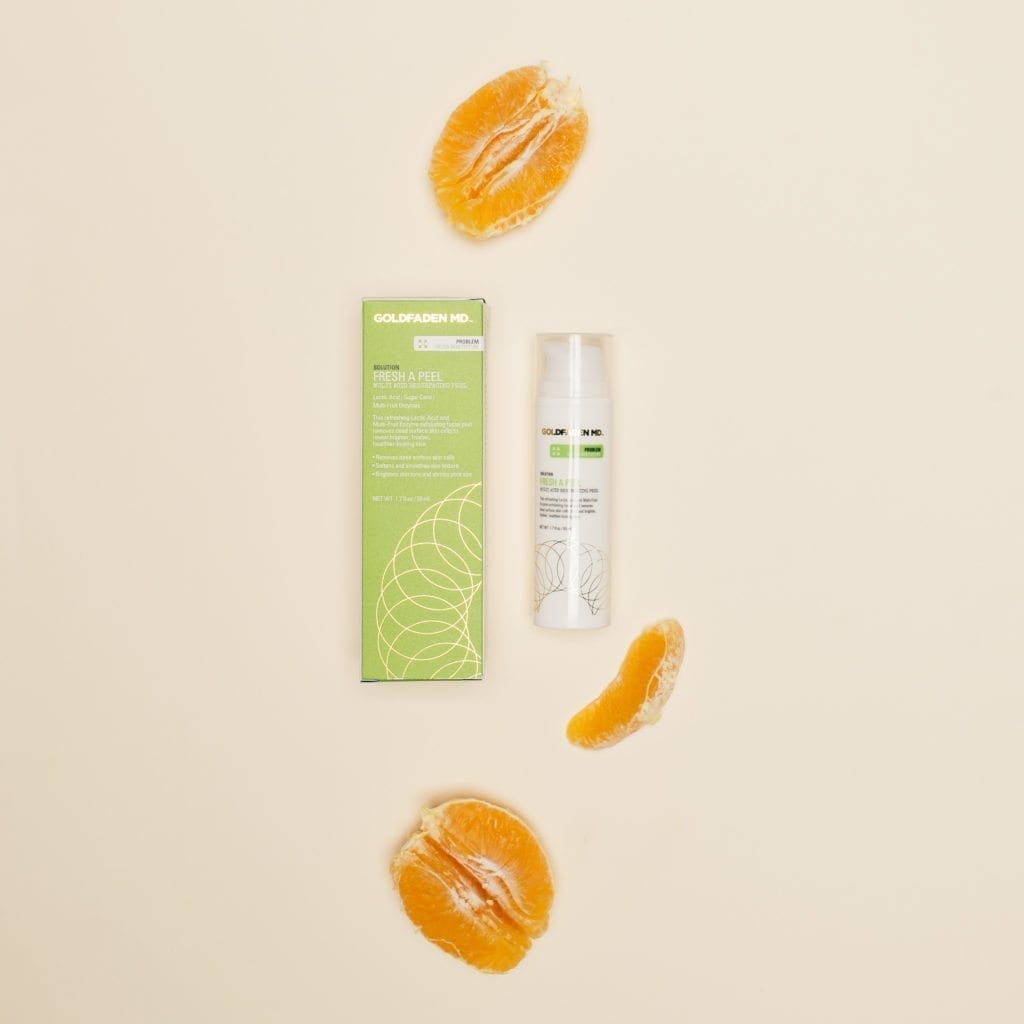What
Both AHAs and BHAs chemical exfoliators work by combining with the structural lipids in the stratum corneum (aka skin) and dissolving them so that the dead skin cells break away. This is just a fancy was of explaining their very efficient exfoliation method and why they’re an encouraged addition to any healthy skincare regimen.

Who
Alpha Hydroxy Acid or AHA (which are Lactic acid, Glycolic acid and the Fruit acids) is used as a facial exfoliator and is an excellent choice for people with sun damaged skin, aging skin and normal to dry skin types. AHA does not cause sun sensitivity and comes in many forms. AHA’s come in the form of lactic acid which is derived from milk, glycolic acid which is derived from sugarcane and fruit acids which are derived from fruits (citrus and apples/malic acid). AHA can also aid in thickening the lower layers of the skin thus delivering firmness.
Beta Hydroxy Acid or BHA (also called salicylic acid) comes from acetylsalicylic acid which is the same source as aspirin. In general, beta hydroxy acid is a more effective treatment for acne prone skin. BHA also can cause sun sensitivity and must always be used in conjunction with a sunscreen.
Why
- They’re both powerhouse ingredients!
- Both get rid of the appearance of fine lines and wrinkles
- Both make skin appear smoother and tighter
- Both make skin look more even in texture
- Improve scarring
- Improve appearance of photo-aged skin
- Both hydrate and exfoliate the skin
Well said from Paula’s Choice: “AHAs and BHA are different, and their different properties make one or the other preferred for different skin types”:
- AHAs are water soluble and are preferred for normal to dry, sun-damaged skin due to their ability to enhance natural moisturizing factors within skin.
- BHA is oil soluble and preferred for normal to oily, clog-prone and bump-prone skin, and enlarged pores, and can clear pores deeply, even those with hard, tiny, white bumps on the cheeks and face. BHA is even suitable for those prone to milia.
- AHAs and BHA work on skin’s surface; but BHA also works inside the pore lining, where clogs begin.
- BHA has natural skin-calming properties, which make it preferred for sensitive, redness-prone skin. It’s great for sensitive skin, even for those with rosacea.”
When
- AM/PM: try one in the morning and one at night. If you’re targeting a skin issue then doubling down can be effective. Make sure to always hydrate your skin properly and pay attention to warning signs such as redness or red or dryness.
- Alternate days: Try AHA on day and then BHA a few days later. Listen to your skin and you’ll never go wrong!
- Spot treat: If you have combo skin, try using BHA only in t-zone or oily areas while using AHA everywhere else.
- Know your limits-not everyone needs both and if you’re particularly sensitive and NOT acne prone then stick to AHAs.
Dr. G recommends: (BHA’s) Fresh A Peel + Detox Hydrating Gel, (hybrid of AHA and BHA) Skin Balancing Mask, (AHA) Detox Clarifying Facial Wash.



 P
P